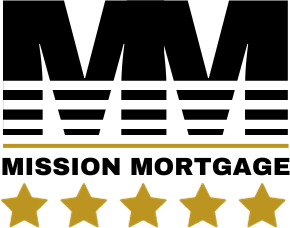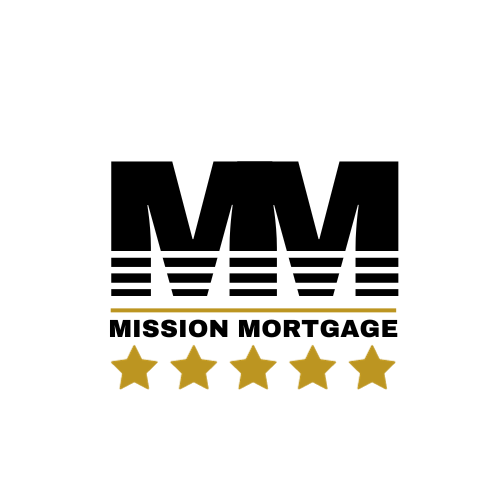Understanding Mortgage Insurance
Understanding mortgage insurance is very important when shopping for a home, especially for homebuyers making down payments of less than 20% or those using an FHA Loan. This blog breaks down the essentials of mortgage insurance for Pennsylvania homebuyers.
What is Mortgage Insurance?
Mortgage insurance (MI) is a policy that protects lenders from the risk of default and foreclosure. It's a safety net for the lender in case a borrower fails to repay the loan, ensuring that the lender is covered for their losses.
For buyers, it's often a gateway to homeownership, allowing them to purchase a home with a smaller down payment.
Different Types of Mortgage Insurance
The type of mortgage insurance you pay for is very dependent on the type of loan and your specific situation. Here are some examples:
Private Mortgage Insurance (PMI): For conventional loans, PMI is required when the down payment is less than 20%. PMI can be canceled once the homeowner builds up enough equity in their home.
FHA Mortgage Insurance Premium (MIP): Loans obtained through the Federal Housing Administration (FHA) require MIP, regardless of the down payment amount. MIP includes both an upfront cost and a monthly premium.
USDA and VA Loans: While USDA loans require a guarantee fee similar to mortgage insurance, VA loans, aimed at veterans and active military members, do not require mortgage insurance. However, they do have a funding fee.
How Does Mortgage Insurance Affect You?
There are many ways that mortgage insurance can affect you. Perhaps the biggest effect is that mortgage insurance adds to your monthly mortgage payment, increasing the cost of owning a home. It’s crucial to factor this into your budget when shopping for homes.
But, in exchange for this additional monthly cost, mortgage insurance makes it possible to get approved for a loan with a lower down payment, broadening access to homeownership.
Calculating Mortgage Insurance Costs
The cost of PMI can vary based on your down payment, loan amount, and credit score. Generally, PMI costs range from 0.3% to 1.5% of the original loan amount per year. FHA loans have specific MIP rates set by the government.
How to Avoid or Minimize Mortgage Insurance
Not everyone is required to pay for mortgage insurance. The easiest way to avoid having to pay for mortgage insurance is by producing a 20% down payment. If you start with an FHA loan, refinancing to a conventional loan might remove the requirement for mortgage insurance once you've reached 20% equity.
Some lenders may offer to pay your PMI in exchange for a higher interest rate on your loan. This is called Lender-Paid Mortgage Insurance (LPMI).
Under the Homeowners Protection Act (HPA) of 1998, lenders are required to automatically terminate PMI on the date when the mortgage balance is scheduled to reach 78% of the original value of the home — essentially when your equity reaches 22%. This automatic termination is contingent on you being current on your mortgage payments. If you're behind, the PMI will be terminated on the first day of the month after you become current on your payments.
Do I NEED to Hit 22% Equity In My Home to Remove Mortgage Insurance?
As a homeowner, you're not necessarily bound to wait until automatic termination kicks in. You can request the cancellation of PMI once you've reached 20% equity in your home based on its original purchase price, which can happen through a combination of paying down the principal of your mortgage and through your home appreciation. To try and get your PMI removed earlier, you can try reaching out to your lender for their specific requirements on requesting to have PMI removed.
Keep in mind, they will be considering:
Your Payment History: You'll need to have a track record of timely mortgage payments. The lender may specify what constitutes a "good payment history."
Current Loan Status: Your mortgage must be current, with no outstanding payments due.
Home Value: The lender may require an appraisal (at the homeowner's expense) to ensure the home has not decreased in value and that there are no subordinate liens (like a second mortgage).
No Significant Changes: Lenders will want to ensure that the property hasn't undergone any changes that could adversely affect its value.
Mortgage insurance is a very important part of the home-buying process for many in Pennsylvania, facilitating the path to homeownership by enabling purchases with smaller down payments. While it represents an additional cost, the doors it opens are often well worth it for aspiring homeowners. By understanding how mortgage insurance works, its implications, and strategies to manage or avoid it, you can better navigate your home-buying journey and make choices that align with your financial goals.

